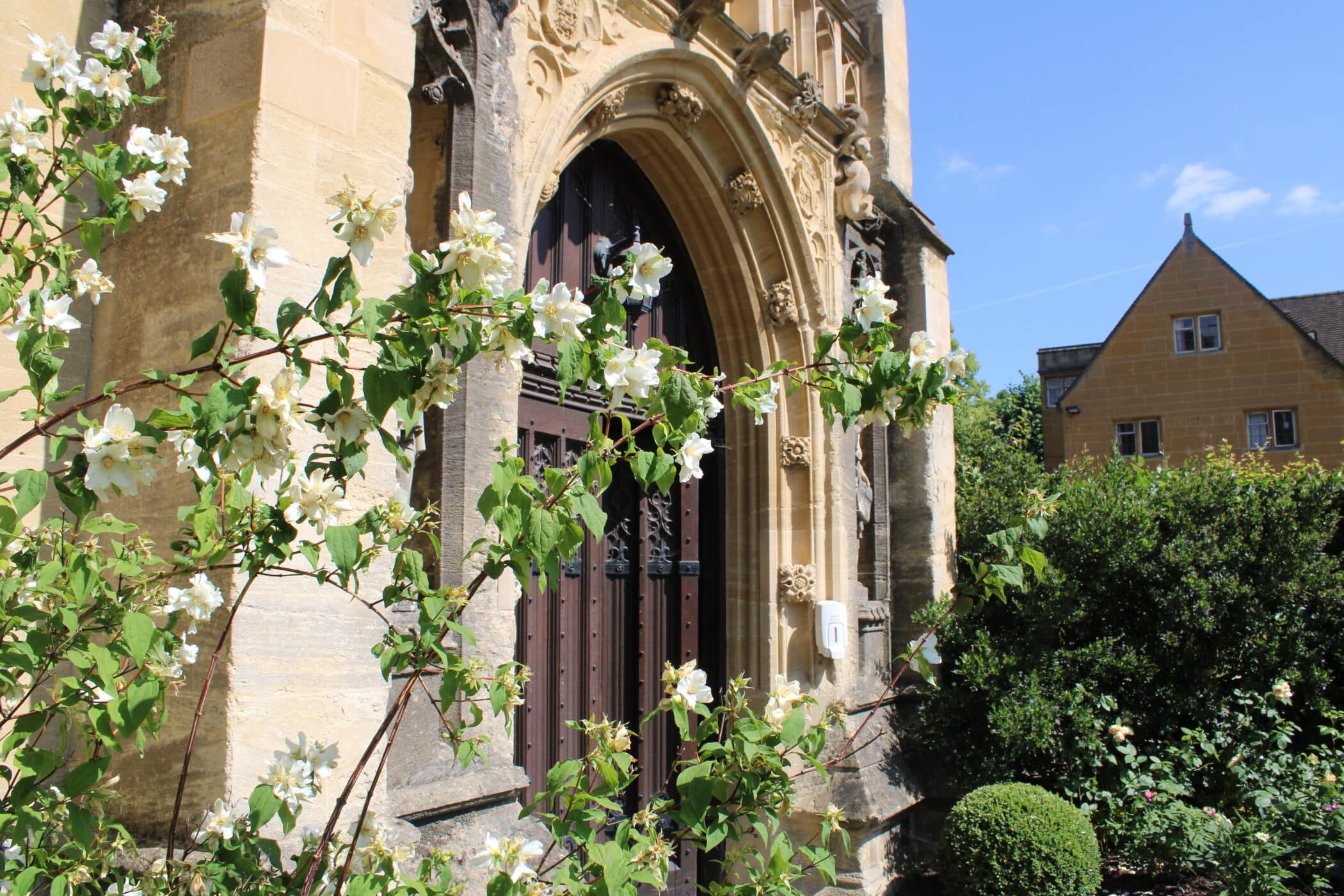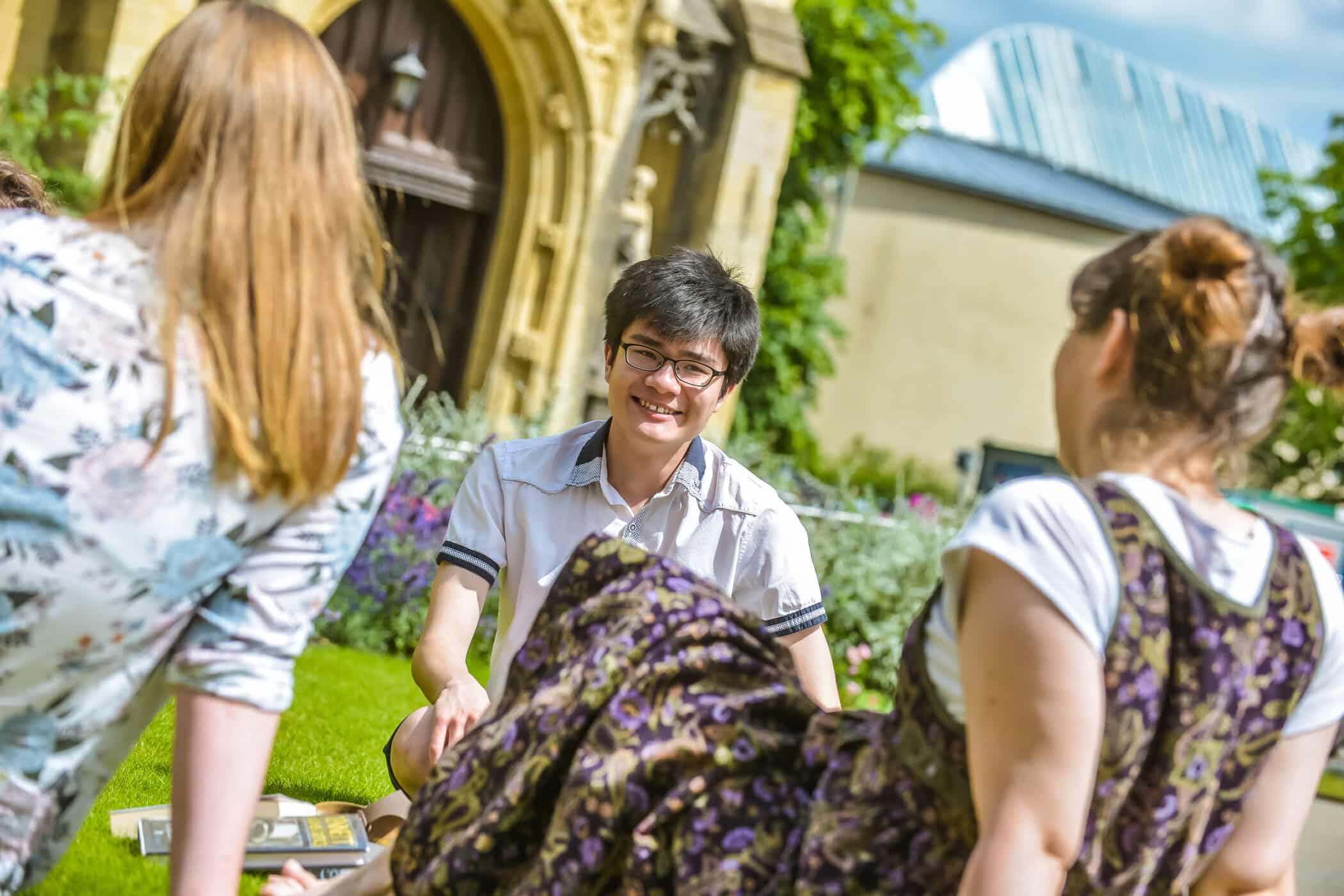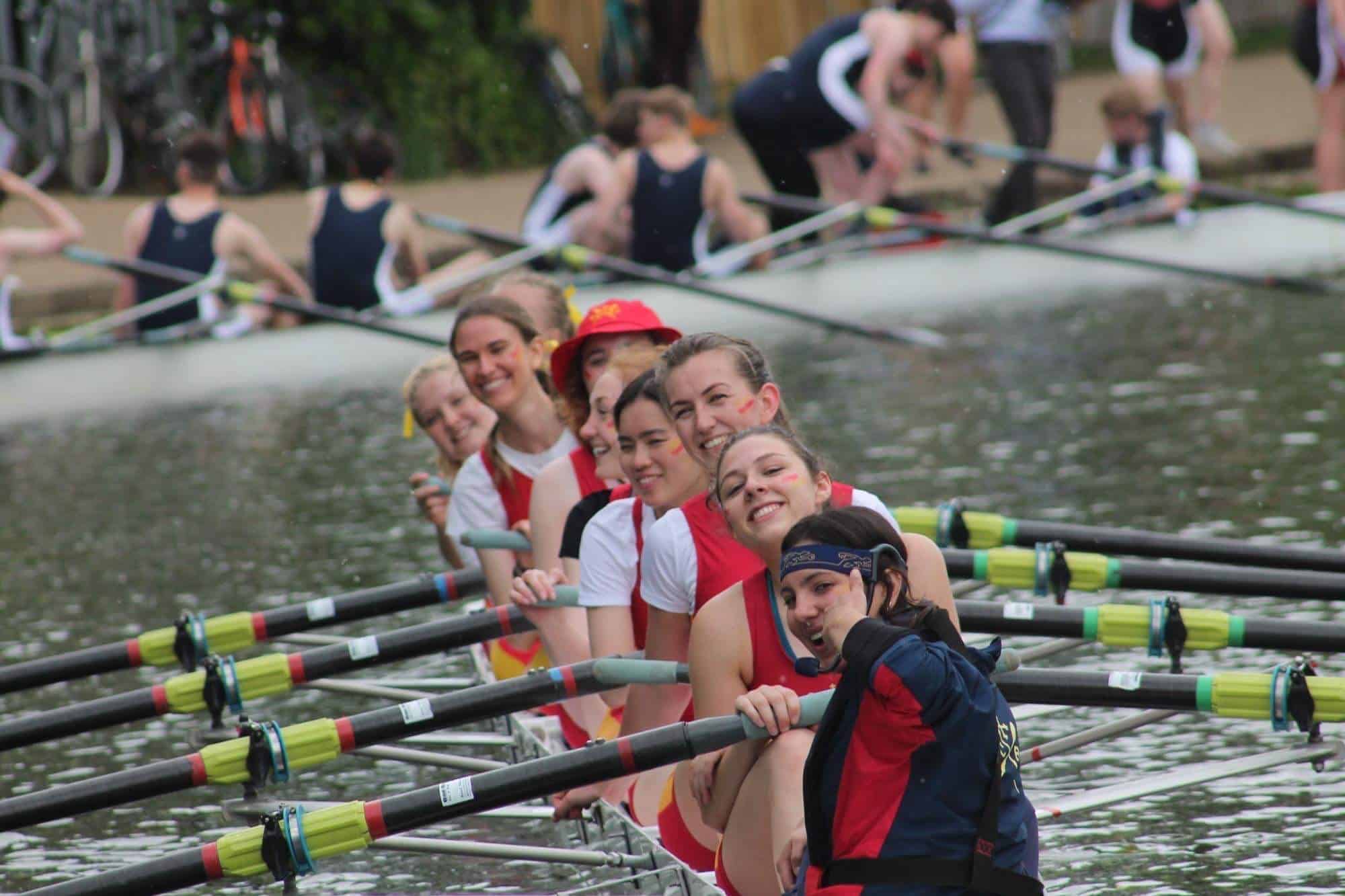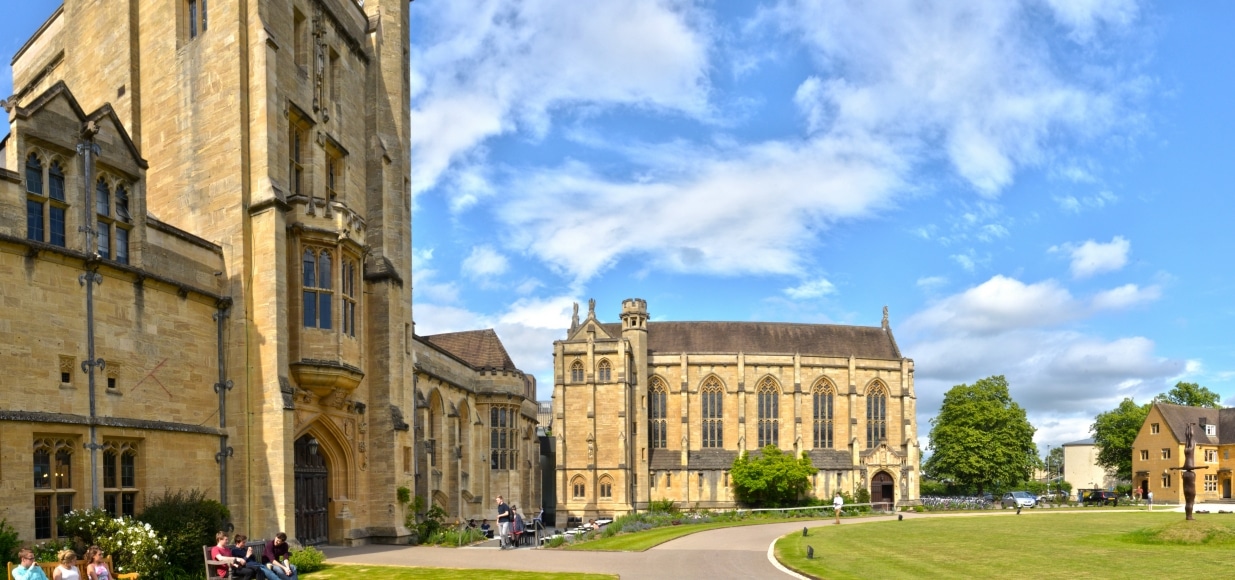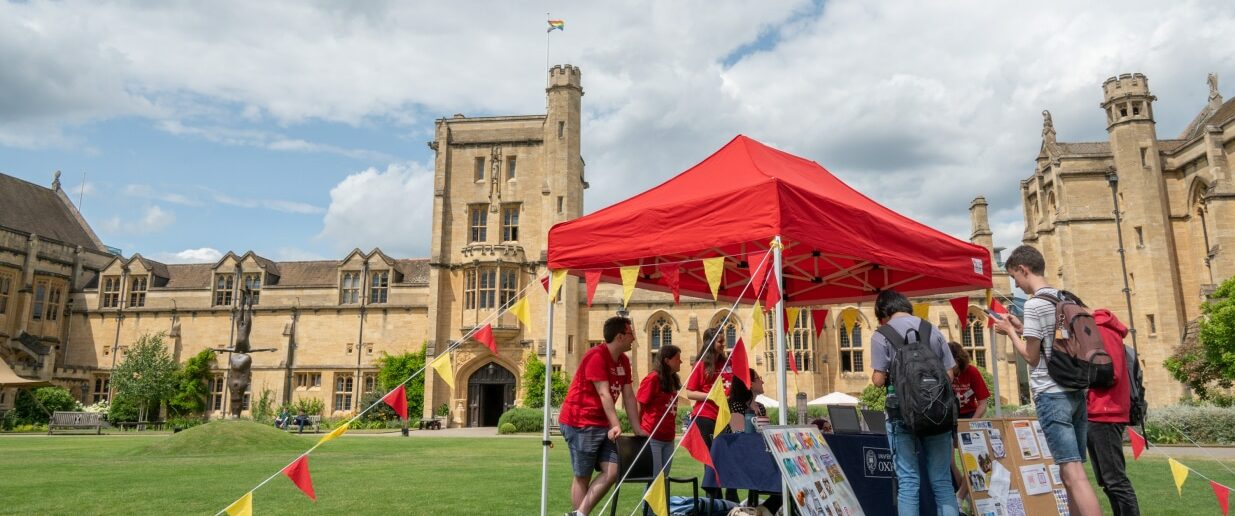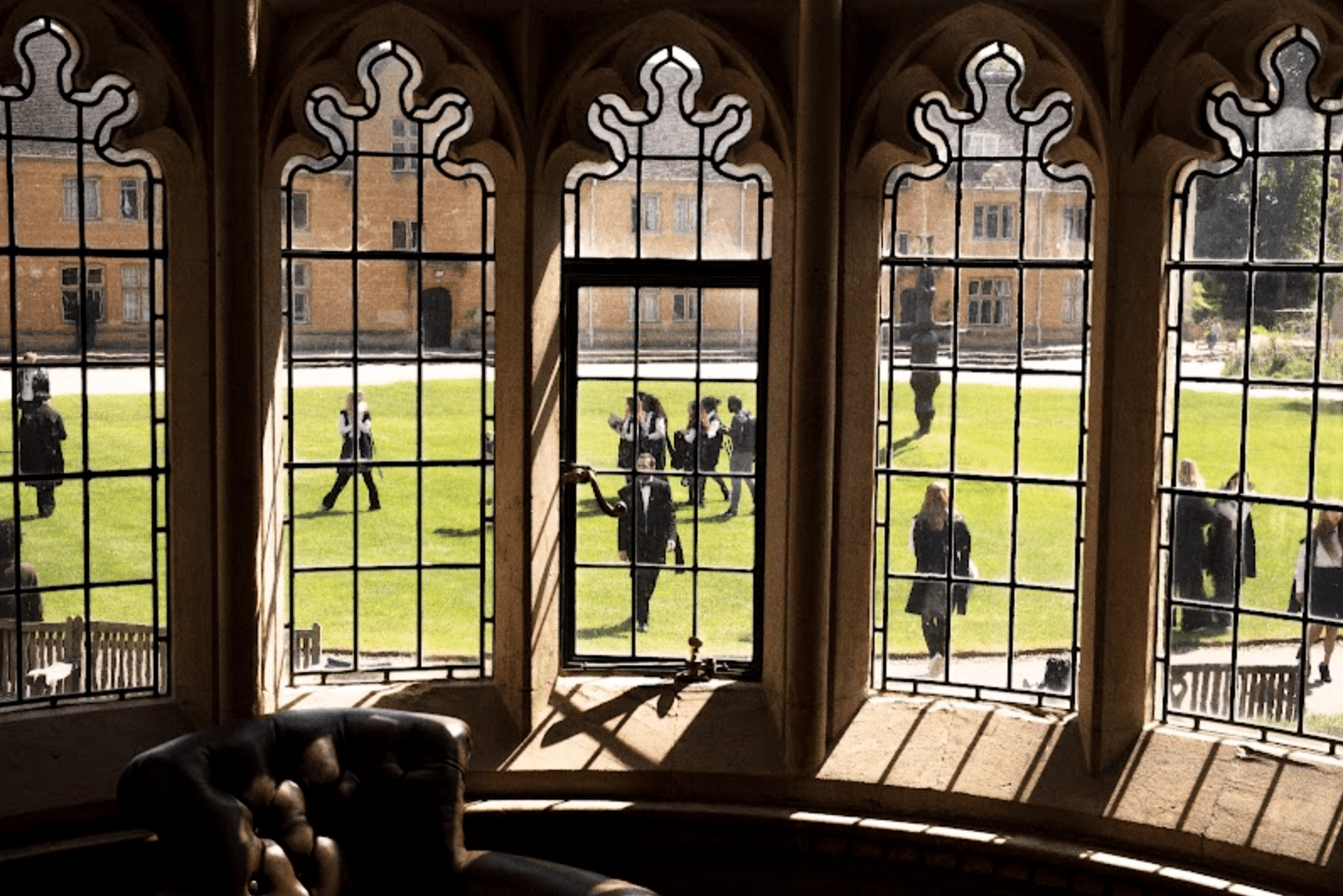How students on this programme are taught
The programme aims to replicate the Oxford undergraduate experience as closely as possible, except without examinations. Teaching is based on weekly tutorials – where one, two, or three students meet with a tutor for a period of concentrated study, writing an essay for each tutorial. It’s a system that places great emphasis on individual students developing skills of critical evaluation and reasoning, while exploring their chosen discipline in depth.
Most courses will be supported by lectures in the faculties and departments, as well as Oxford’s rich library resources. You’ll either follow a course of study in one subject – progressing to more difficult and specialised work – or pick from a range of disciplines.
Our Visiting Student Programme subjects
Mansfield welcomes Visiting Students to study a range of our subjects. Each student takes one primary (eight tutorials) and one secondary tutorial (four tutorials) a term. While experiencing the unique opportunities provided by studying at Oxford, you’ll also earn credit for your home institution.
You’ll need to have taken an introductory level course before you study an intermediate course with us, while advanced courses require more background in the subject. Some provision depends on the availability of specialist teaching, but here are the options that are generally available.
A downloadable pdf of the full Course Catalogue is available below.
Economics
English
Geography
History
Human Sciences
Philosophy
Politics
Theology & Religion
If you have a particular interest in another area of study, contact vsp@mansfield.ox.ac.uk and we’ll ask our tutors for advice and guidance for you. You could also check the Oxford University subject pages to see the undergraduate degree options.
Before confirming your choice of topics, we’ll look at your past qualifications and statement of interests to make sure we’re providing the most suitable courses for you.
Credits
Students on the Mansfield Visiting Student Programme study one primary course and one secondary course each term. The courses are equivalent to those taken by matriculated second and third year undergraduates, but are assessed by tutorial essay and participation rather than examination.
A primary course is awarded 8 tutorial credits and secondary course is awarded 4 tutorial credits. Visiting Students study 36 tutorial credits in total during a full year of study, which is equivalent to 60 credits in the European Credit Transfer Scheme (ECTS).
Intermediate courses require you to have taken an introductory level course prior to study. Advanced courses require more background in the subject.




